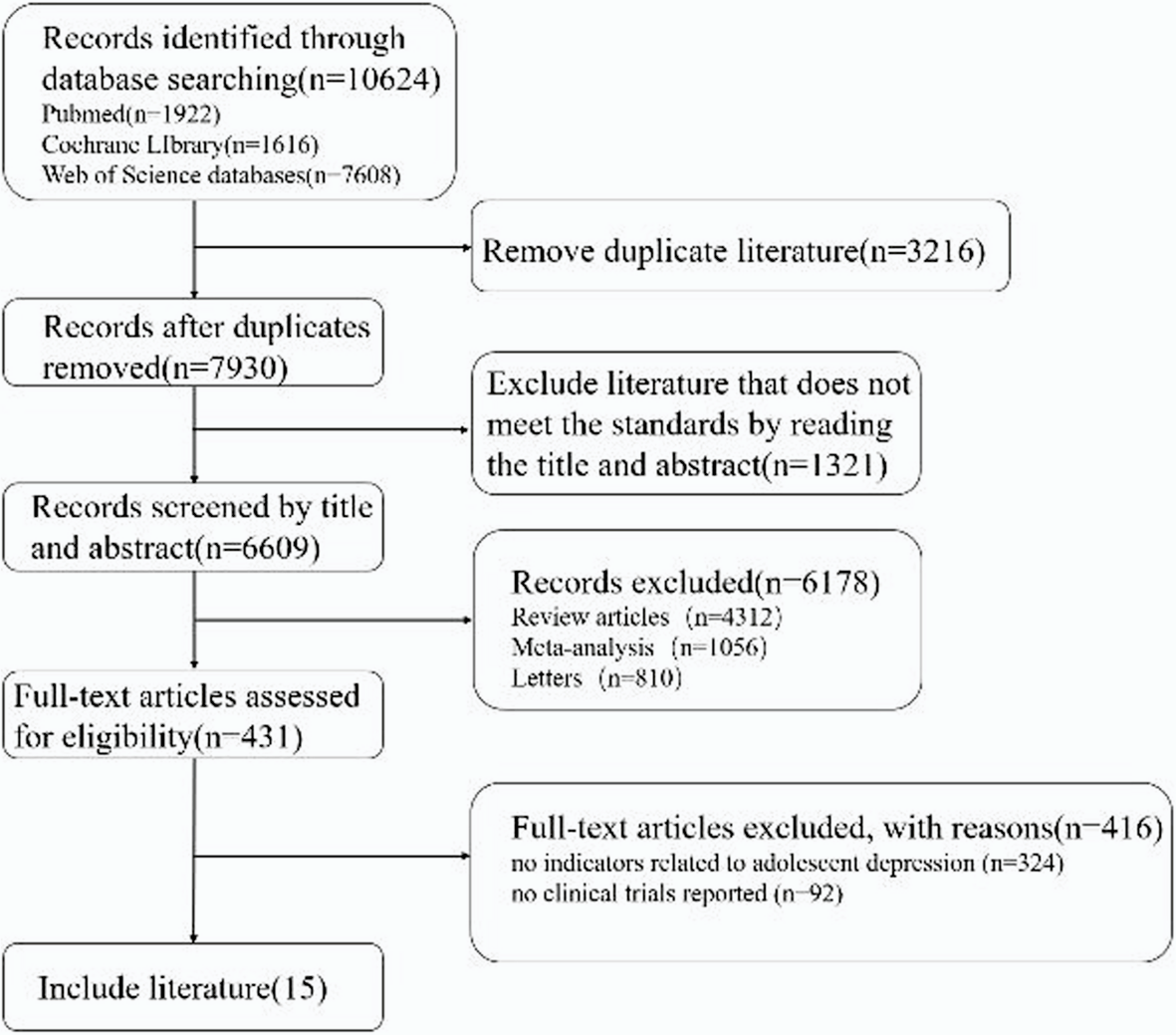A recent systematic review and network meta-analysis published in BMC Psychiatry analyzed the effectiveness of various antidepressants in treating depression among adolescents aged 6 to 18. This research aims to provide evidence-based insights into the efficacy and tolerability of these medications for young patients.
The study included 15 randomized controlled trials (RCTs) comprising 12,258 participants diagnosed with major depressive disorder, as defined by recognized diagnostic criteria such as the DSM-5 and ICD-10. The researchers conducted a thorough search of databases including PubMed, Cochrane Library, and Web of Science, focusing on trials published until October 2024. They employed keywords related to depression and specific antidepressants, including fluoxetine, sertraline, and agomelatine, to gather relevant studies.
The findings indicate that agomelatine, fluoxetine, and sertraline significantly improved depression symptoms compared to placebo, as measured by the Children’s Depression Rating Scale-Revised (CDRS-R). Specifically, agomelatine demonstrated a mean difference (MD) of -0.34, fluoxetine had an MD of -0.31, and sertraline showed an MD of -0.27, all indicating better outcomes than the placebo group.
In terms of clinician-rated severity, sertraline was found to be particularly effective, with an MD of -4.39 on the Clinical Global Impression-Severity scale (CGI-S). Conversely, escitalopram showed effectiveness in the Children’s Global Assessment Scale (CGAS), with an MD of 2.08 compared to placebo. The Surface Under the Cumulative Ranking Curve (SUCRA) analysis revealed that escitalopram had a high likelihood of yielding beneficial effects on CGAS and Clinical Global Impressions-Improvement (CGI-I), while agomelatine was notably effective for improving CDRS-R scores.
The study also highlighted that paroxetine had a 99.9% likelihood of effectively managing symptoms on the Montgomery-Asberg Depression Rating Scale (MADRS).
Overall, the results suggest that for symptom severity, agomelatine and paroxetine exhibited the highest efficacy, while escitalopram ranked best for functional improvement. Sertraline is recommended for cases requiring rapid symptom reduction due to its strong performance in clinician-rated assessments.
Adolescent depression is increasingly prevalent, affecting approximately 4% to 5% of teenagers globally each year. This condition often leads to significant distress, impaired functioning, and a diminished quality of life. The study’s authors emphasize the need for tailored treatment strategies for adolescents, given their unique developmental stage and the complexities surrounding their response to antidepressants.
The review’s findings are essential for guiding clinical decisions regarding antidepressant prescriptions for adolescents, underscoring the importance of choosing the right medication based on individual symptom profiles and treatment goals. This evidence-based approach can help improve treatment outcomes for young patients facing depression.



